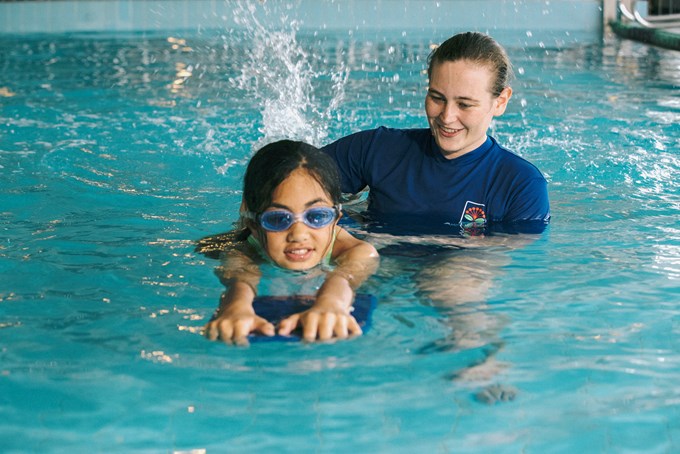No matter where you are in Auckland, it is obvious that we’re a region that is experiencing significant growth. Complexities around providing transport and housing, supporting thriving communities and protecting our natural environment are just some of the challenges caused by this growth.
But with investment in infrastructure forecast to top $2 billion this year, there is no doubt Auckland is a city in progress.
Record levels of public transport journeys are being made, dwelling consents are at their highest ever levels and we’re gearing up for some major events in 2021.
At the same time, the council also needs to act urgently on greenhouse gas emissions and climate change. So how do we continue momentum where progress is already being made while addressing the challenges we face in managing our environment?
Since September last year, free public transport for under 16s at weekends and public holidays has seen the number of children making journeys increase by 120 percent. From 1 July this year, it’s proposed this concession is extended to include half-price travel for school children at all other times. Not only does this make public transport more accessible and affordable, but it also helps reduce traffic congestion and transport emissions – which account for 44 per cent of Auckland’s carbon emission.
Leading from the front, the council plans to reduce its vehicle fleet by 230 and replace a further 358 vehicles with fully electric vehicles. Over the next five years, it’s estimated this will save 1966 tonnes of carbon. In addition, the council will replace the gas boilers that are currently being used in aquatic centres with heat pumps. Initial installation costs are higher with heat pumps, but the latter will reduce emissions by 81 per cent and provide substantial savings in running costs in the future.
Auckland Mayor Goff says, “Following our climate emergency declaration in June, we are taking further steps to cut our carbon emissions in this budget before more substantive changes once we agree on the climate action framework.”
“In this annual budget, I am proposing urgent initiatives to demonstrate the council’s leadership in taking measures to cut its own emissions,” Phil Goff says.
“Under my proposal, we will cut our emissions by nearly 20 per cent by moving swiftly to decarbonize our vehicle fleet and shifting to sustainable energy across our community facilities.”
Have your say
These recommendations, part of the proposed Annual Budget for 2020-2021, are by no means the only changes being suggested – and Aucklanders are being urged to have their say.
Consultation is open until 22 March and focuses on issues around rates, growth and local priorities.
The topics for consultation are:
- Increase to the base service waste management charge
- Changes to the way we charge for swimming pool inspections
- Changes to some targeted rates
- Improving fee transparency for building and resource consents
- Increases to some fees to maintain cost recovery
How you can have your say
You can give us your ideas and feedback:
- online – have your say now
- face-to-face at one of our community events
- via post or email.
Councillor Desley Simpson, Chair of Auckland Council’s Finance and Performance Committee, continues:
“The cumulative annual savings of $63 million by 2020/2021 outlined in this budget demonstrates our continued focus on saving money while providing effective, efficient services.”
Alongside the annual budget consultation, Aucklanders are being invited to have their say on the independent review into council-controlled organisations.
Auckland Council has appointed an independent panel to review how well its council-controlled organisations are working. The review covers Auckland Transport (AT), Auckland Tourism, Events and Economic Development (ATEED), Panuku Development Auckland, Regional Facilities Auckland (RFA), and Watercare.


